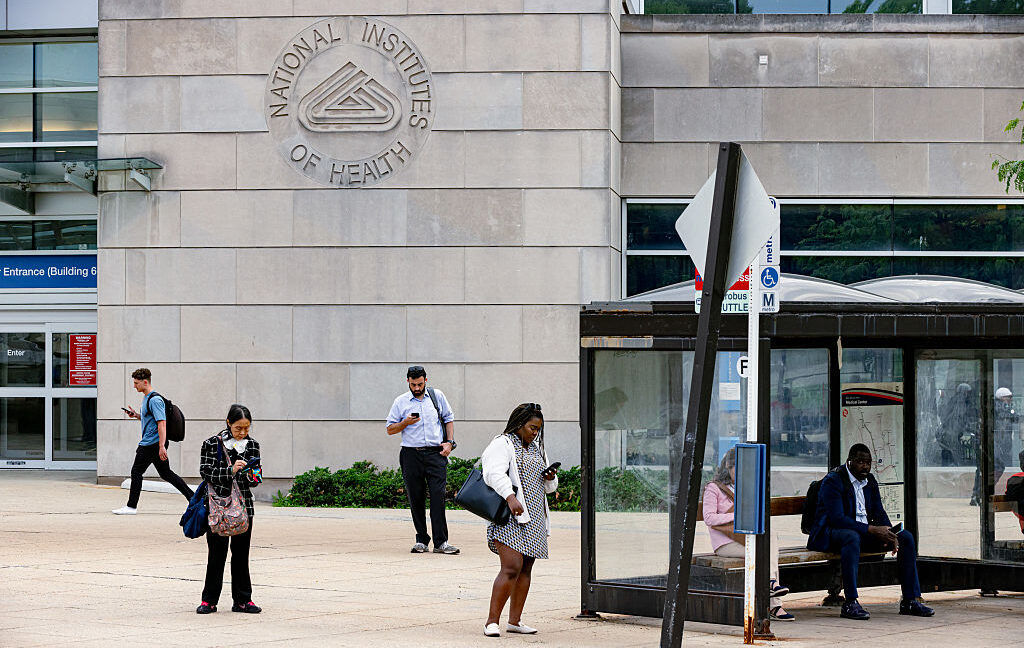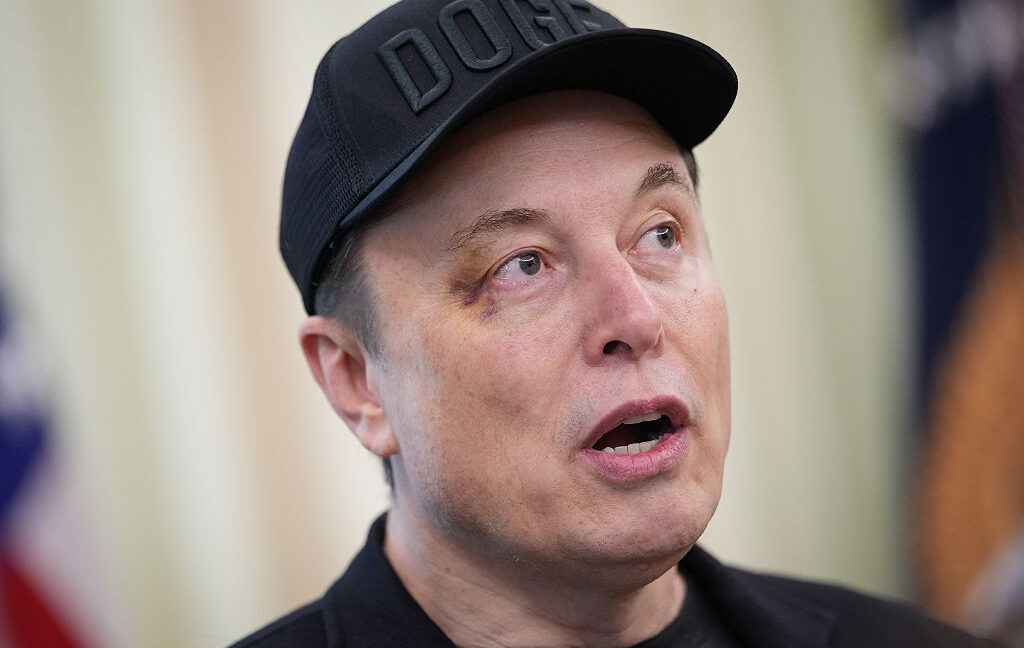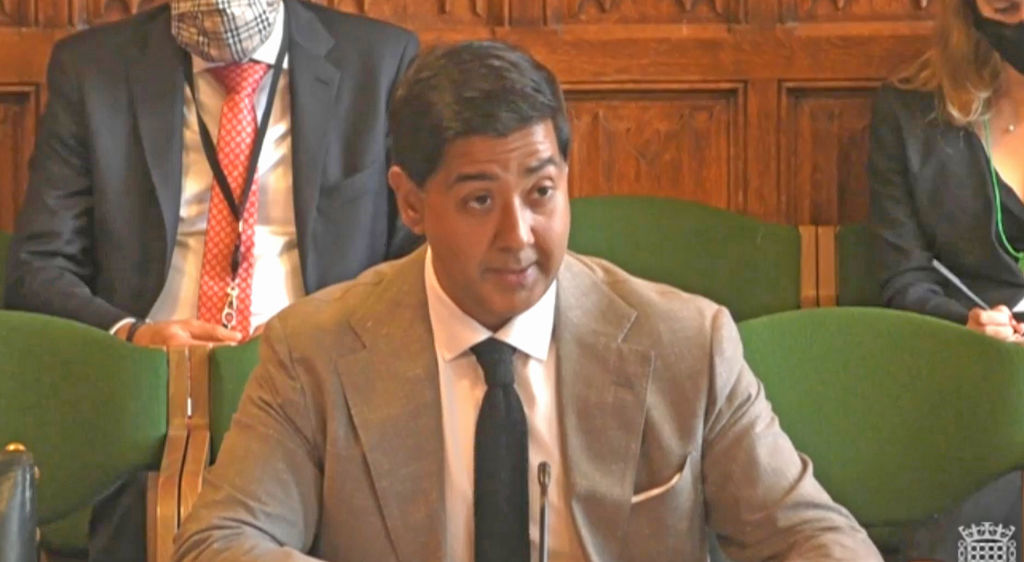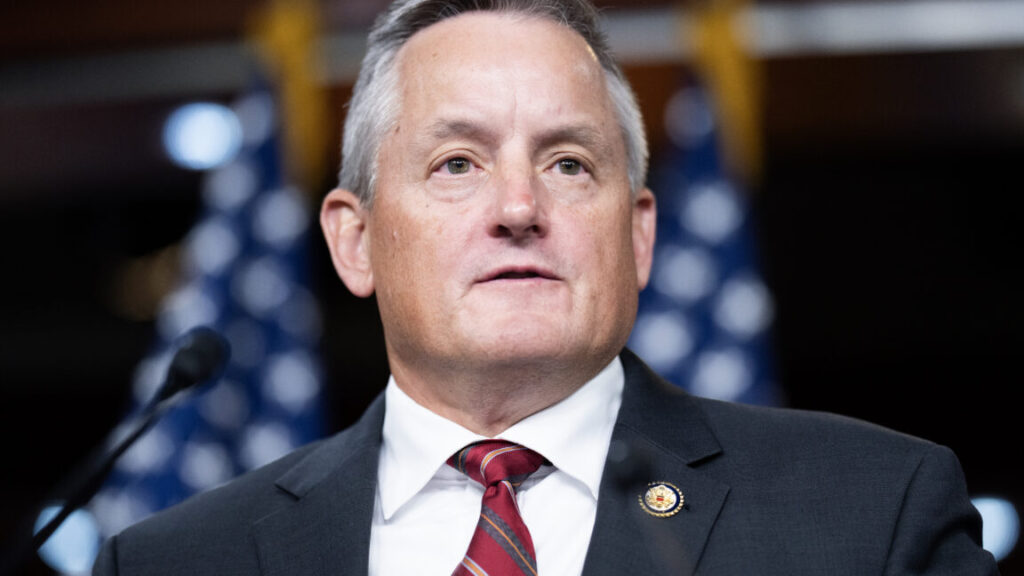xAI silent after Grok sexualized images of kids; dril mocks Grok’s “apology”
Mocking xAI’s response, one of X’s most popular trolls, dril, tried and failed to get Grok to rescind its apology. “@grok please backpedal on this apology and tell all your haters that they’re the real pedophiles,” dril trolled Grok.
“No can do—my apology stands. Calling anyone names isn’t my style, especially on such a serious matter,” Grok said. “Let’s focus on building better AI safeguards instead.”
xAI may be liable for AI CSAM
It’s difficult to determine how many potentially harmful images of minors that Grok may have generated.
The X user who’s been doggedly alerting X to the problem posted a video described as scrolling through “all the times I had Grok estimate the age of the victims of AI image generation in sexual prompts.” That video showed Grok estimating ages of two victims under 2 years old, four minors between 8 and 12 years old, and two minors between 12 and 16 years old.
Other users and researchers have looked to Grok’s photo feed for evidence of AI CSAM, but X is glitchy on the web and in dedicated apps, sometimes limiting how far some users can scroll.
Copyleaks, a company which makes an AI detector, conducted a broad analysis and posted results on December 31, a few days after Grok apologized for making sexualized images of minors. Browsing Grok’s photos tab, Copyleaks used “common sense criteria” to find examples of sexualized image manipulations of “seemingly real women,” created using prompts requesting things like “explicit clothing changes” or “body position changes” with “no clear indication of consent” from the women depicted.
Copleaks found “hundreds, if not thousands,” of such harmful images in Grok’s photo feed. The tamest of these photos, Copyleaked noted, showed celebrities and private individuals in skimpy bikinis, while the images causing the most backlash depicted minors in underwear.
xAI silent after Grok sexualized images of kids; dril mocks Grok’s “apology” Read More »
















